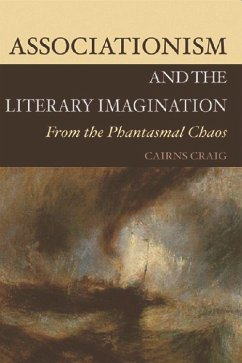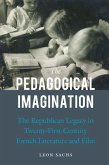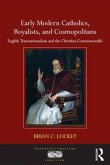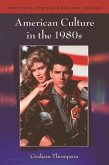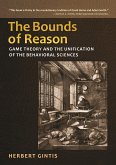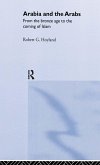This study traces the development of philosophies of literary creativity within the British empiricist tradition from David Hume's Treatise of Human Nature in 1739 to I.A. Richards's Principles of Literary Criticism in 1924. Cairns Craig explores the ways in which associationist conceptions of literature, and of the reading process, produced some of the key transformations in British writing in the romantic and modernist periods. In particular, it analyses the ways in which authors' conceptions of the form of their readers' aesthetic experience led to radical developments in literary style, from the fragmentary narrative of Sterne's Tristram Shandy in 1760 to Virginia Woolf's 'stream of consciousness' in the 1920s; and from Wordsworth's poetic use of autobiography to J.G. Frazer's exploration of a mythic unconscious in The Golden Bough. It analyses the ways in which a wide variety of major British writers, including Scott, Lady Morgan, Dickens, Tennyson, Hardy, Yeats, Joyce and Woolf developed their literary techniques on the basis of associationist conceptions of the mind, and reveals how modern literary criticism - from Arthur Symons to Roland Barthes - is founded on associationist principles. Associationism and the Literary Imagination relocates the traditions of British writing since the eighteenth century within the neglected context of its native empirical philosophy, and reveals how many of the issues assumed to be products of 'postmodern' theory have been previously explored within the traditions of British empiricism.
Hinweis: Dieser Artikel kann nur an eine deutsche Lieferadresse ausgeliefert werden.
Hinweis: Dieser Artikel kann nur an eine deutsche Lieferadresse ausgeliefert werden.

